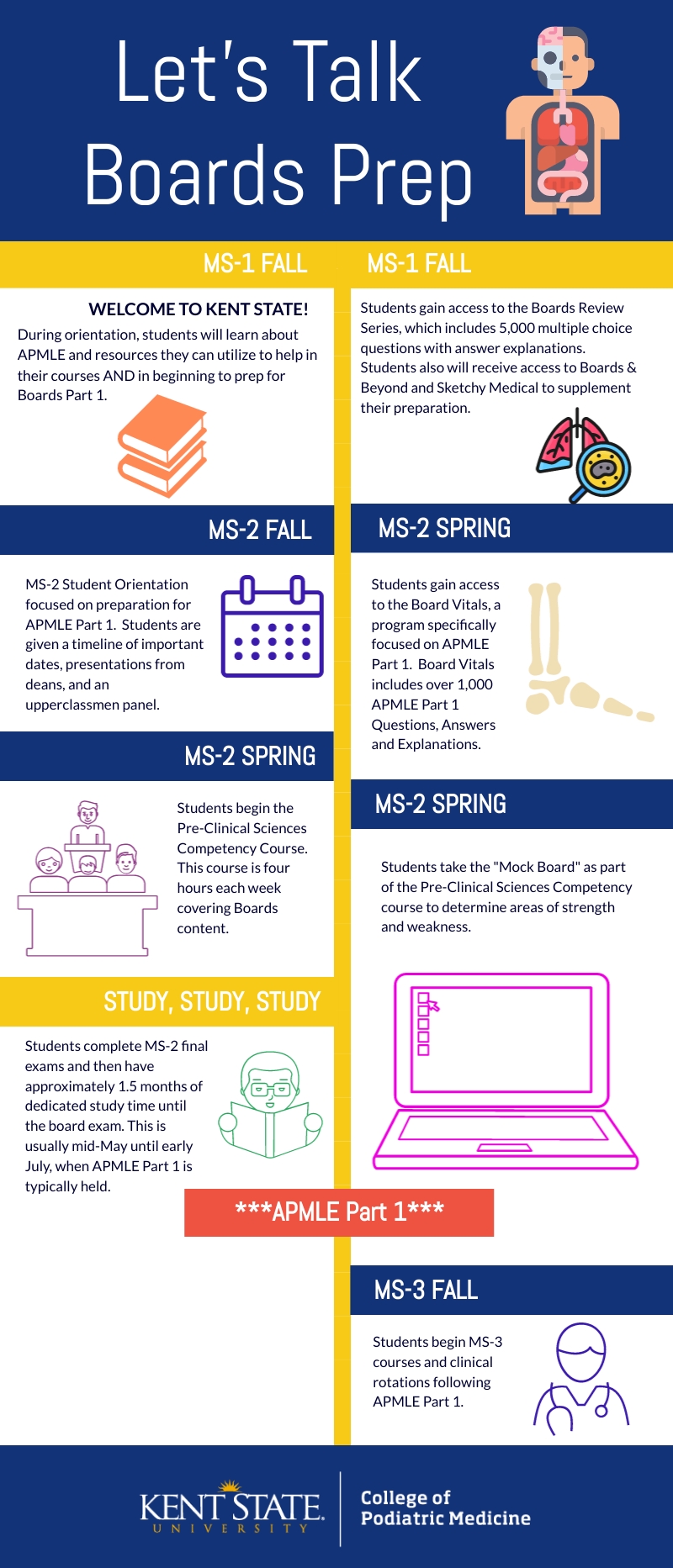Can I visit KSUCPM?
We cannot wait to meet you! Schedule an individual visit by filling out the online form or by calling our office at 216-916-7485. You can also e-mail us at podiatry@kent.edu. Your visit will include a tour of the campus with a current student and a one-on-one meeting with a representative from the Office of Enrollment Management.
The KSUCPM Campus is located at 6000 Rockside Woods Blvd. North, Independence, Ohio 44131.



